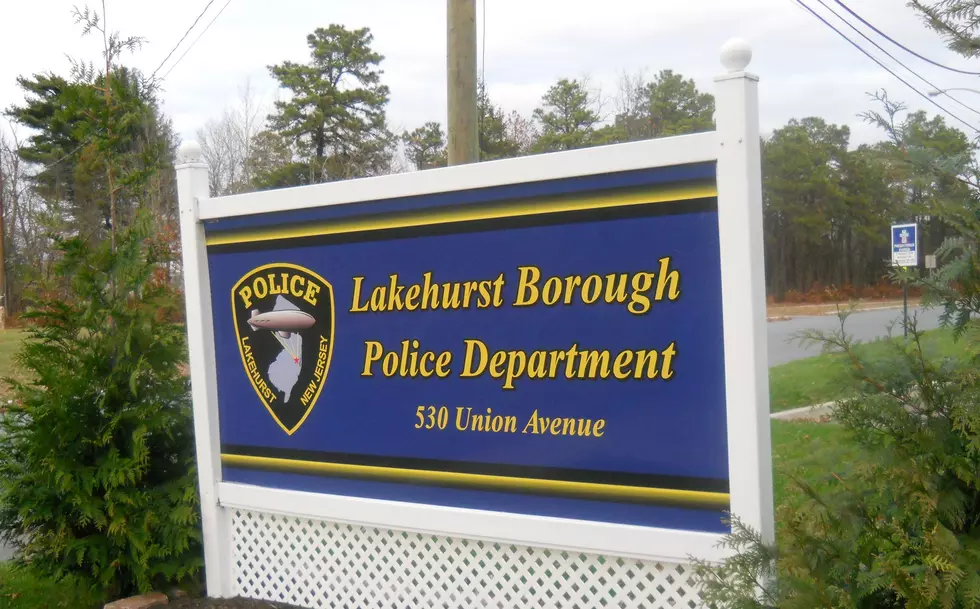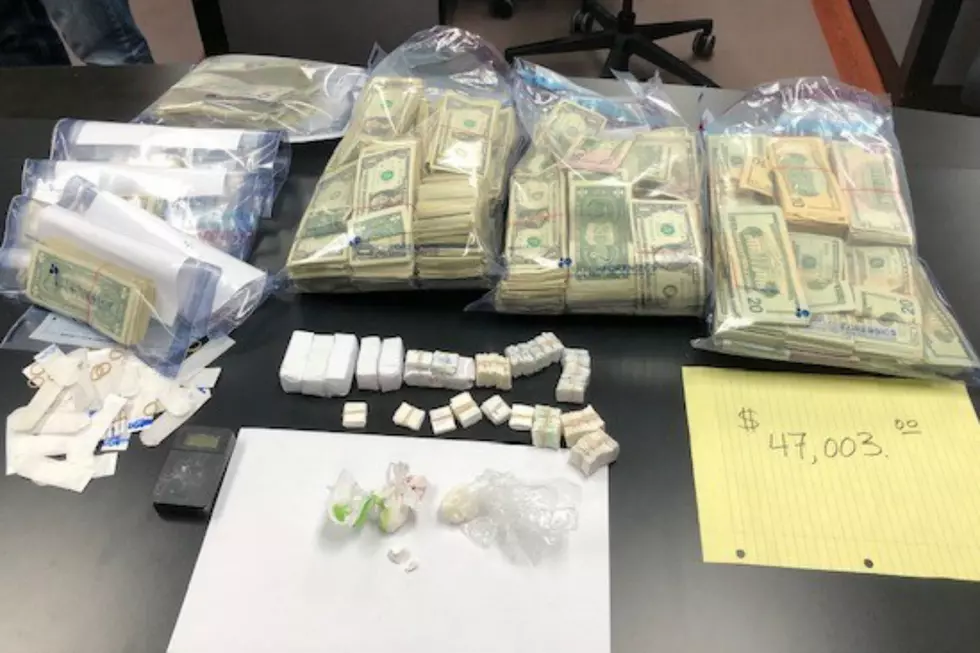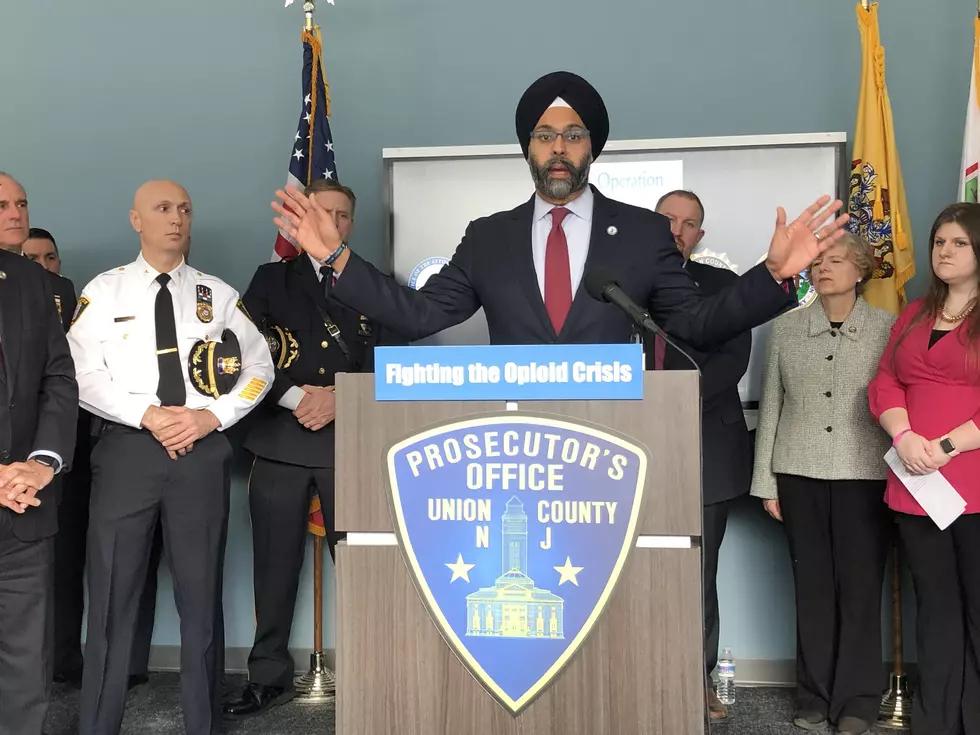
NJ heroin crisis: Why is giving up heroin so hard for most people?
For years we’ve been talking about New Jersey’s heroin epidemic. But despite on-going public awareness campaigns, and stepped up efforts by law enforcement, the epidemic continues to get worse.
This week, New Jersey 101.5 examines the issue in a five-part series that begins today.
The most recent data compiled by the state Medical Examiners Office reveals that 1,305 people in the state died of drug deaths in 2014. Most of them were heroin or opiate-related.
Heroin deaths —701
Morphine deaths — 74
Fentanyl deaths — 142
Oxycodone deaths — 249
Hydrocodone deaths — 45
Oxymorphone deaths — 38
Methadone deaths — 91
Heroin changes the brain — forever
Dr. David Buch, chief of addiction medicine at the Carrier Clinic in Montgomery, said some people have a genetic predisposition that makes them feel especially good when opiates enter their bodies. In those cases, that feeling becomes the "new normal for our brain."
JERSEY HEROIN CRISIS
A weeklong series exploring state's deadly epidemic
MONDAY: Why is giving up heroin so hard for most people?
TUESDAY: Who was the ‘full-blown crackhead’ NJ dealer? (WATCH)
WEDNESDAY: This is not your father's heroin
THURSDAY: Don't go directly to jail: Law enforcement pushing rehab
FRIDAY: New approaches to detox and rehab
GET HELP: Resources in NJ
"Our brain says this is the way we’ve always been meant to feel, and people sometimes say I finally felt the way I always wanted to feel.”
“By studying functional brain images, we have learned that the reward centers of our brain become sensitized in a new way, where basically the biggest payoff is from using our substance of choice, which may be opiates.
"You know it’s like suddenly, instead of getting paid so much an hour to go to work, suddenly it’s 10 times as much.”
Buch said “the reward centers of the brain are changed forever" so that need for the drug becomes almost like "needing to breathe — and that's extraordinarily powerful."
Under times of stress or high anxiety or big loss, people tend to want to go back to that feeling of comfort they got when they first used, and unfortunately, for many users, the transformation that takes place in the brain from using heroin is never really reversed.
“Once the brain changes, it’s always changed. It’s like if you’re allergic to penicillin today and have a severe reaction, even though I don’t use penicillin for 20 years, I could have a severe reaction in 20 years,” said Dr. Bush.
This means, he said, even after decades of being clean, you may still crave heroin, and if a person relapses in a moment of weakness, it’s “back to the races, and it doesn’t go back to where it was when I started, it stays wherever I left off before."
Angelo Valente, the executive director of the Partnership for a Drug-Free New Jersey, believes the only way to begin to curb the heroin epidemic is to stop it from developing in the first people.
“Our research now tells us young people taking a prescription painkiller, even for as little as five days are 33 percent more likely to become heroin addicts as they go on to adulthood,” he said.
"Doctors must become aware that opiate use is potentially very dangerous, and when you give an opiate drug to young people we see significant changes and shifts in the way the brain functions. That is resulting in adults, especially young adults, turning to heroin.”
In part two of our series tomorrow, a look at the changing face of drug dealers: How he or she may be the all-American kid living next door.
More From New Jersey 101.5 FM









